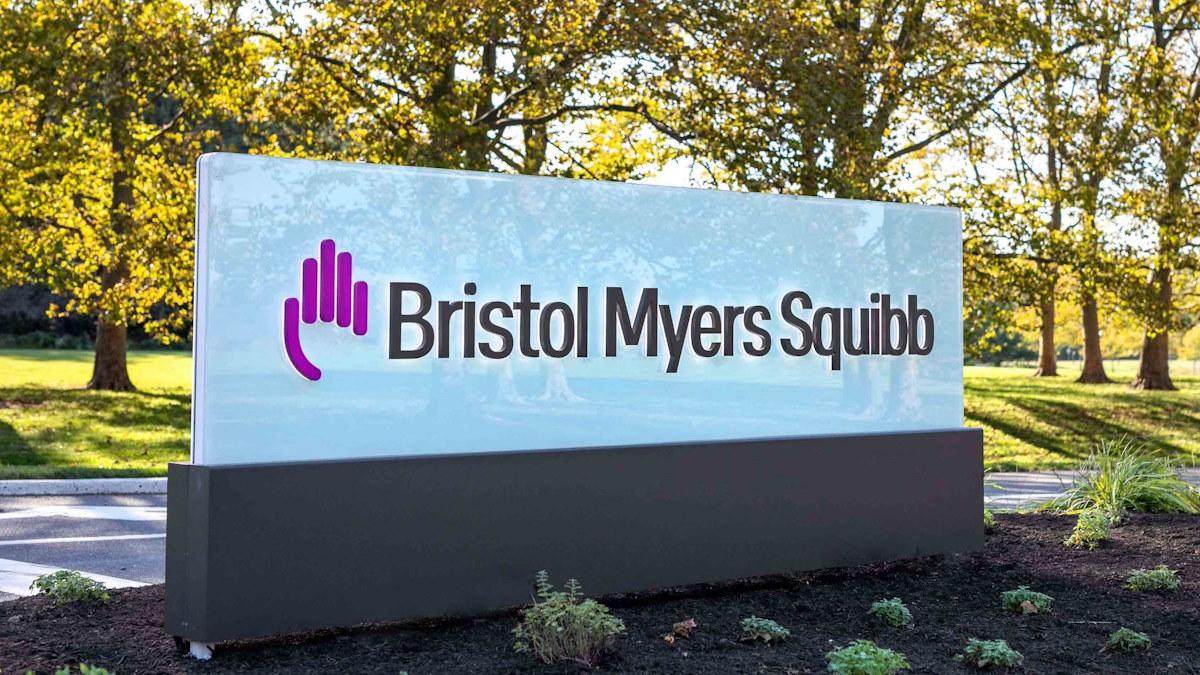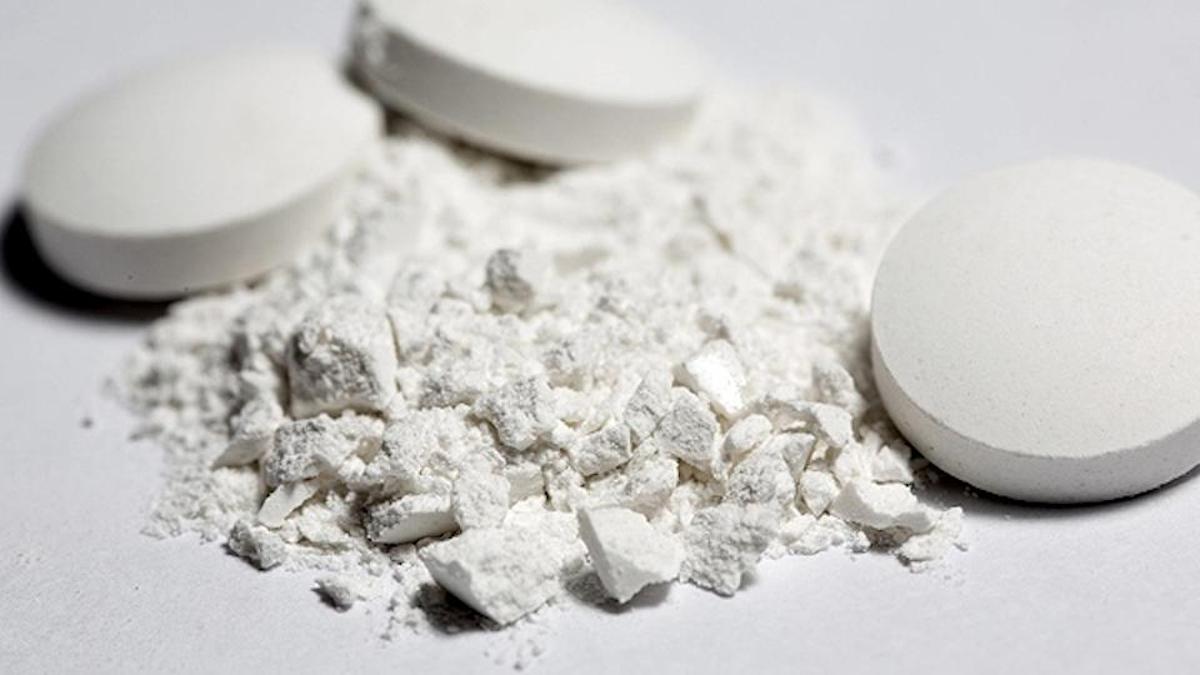Opdivo's subcutaneous PD-1 inhibitor cleared in US

Bristol Myers Squibb's Opdivo has been approved in a subcutaneous injection formulation by the FDA, making treatment easier for patients and potentially adding years to the product's patent life.
Opdivo Qvantig (nivolumab and hyaluronidase) has been approved for use across almost all of Opdivo's lengthy list of indications in nearly a dozen different types of cancer, including a recent approval in neoadjuvant/adjuvant treatment of early-stage non-small cell lung cancer (NSCLC).
It is the second drug in the PD-1/PD-L1 inhibitor class to be cleared in a subcutaneous injection form by the FDA after Roche's Tecentriq Hybreza (atezolizumab and hyaluronidase) – which got a green light from the FDA in September – but ahead of MSD's new version of market-leading Keytruda (pembrolizumab). The subcutaneous version of $25 billion-a-year blockbuster Keytruda recently hit the mark in a phase 3 trial, setting up regulatory filings.
The switch from the original IV formulations improves the ease of administration for the drugs, reducing the time patients have to spend in clinics and allowing them to receive it closer to home, and could potentially reduce the cost of treatment.
It could also help to extend the commercial lifespan of the drugs, which are all approaching the end of their patent lives around the end of this decade, and limit the impact when biosimilars of the intravenous versions eventually reach the market.
BMS - which has predicted Opdivo will lose market exclusivity from 2028 - has suggested that Opdivo Qvantig could extend the patent life of its franchise into the mid-2030s. The PD-1 inhibitor is BMS' second largest product, contributing $9 billion of BMS's total sales of nearly $38 billion in 2023.
The FDA approval of Opdivo Qvantig comes on the back of the CheckMate-67T trial, in which the formulation matched Opdivo on safety and efficacy measures as a second-line treatment for patients with kidney cancer. It is delivered by a healthcare professional in an injection lasting three to five minutes, rather than the 30 minutes needed for the intravenous version.
It covers all indications on the current Opdivo label for adults with solid tumours, including as monotherapy, for maintenance following completion of the checkpoint inhibitor plus Yervoy (ipilimumab), or in combination with chemotherapy or targeted drug cabozantinib.
"Receiving a cancer diagnosis can be frightening and stressful," said Audrey Davis, of the patient advocacy group Cancer Support Community.
"Having a treatment option that may offer patients flexibility to receive treatment outside of traditional hospital settings and reduce the administration time is important," she added.
Opdivo Qvantig and Tecentriq Hybreza both rely on Halozyme's hyaluronidase technology, which temporarily hydrolyses hyaluronan in the extracellular matrix of the subcutaneous layer of skin, making it possible to deliver larger volumes of drug material and improve dispersion and absorption. MSD's new version of Keytruda uses a similar technology based on berahyaluronidase alfa developed by Alteogen.












